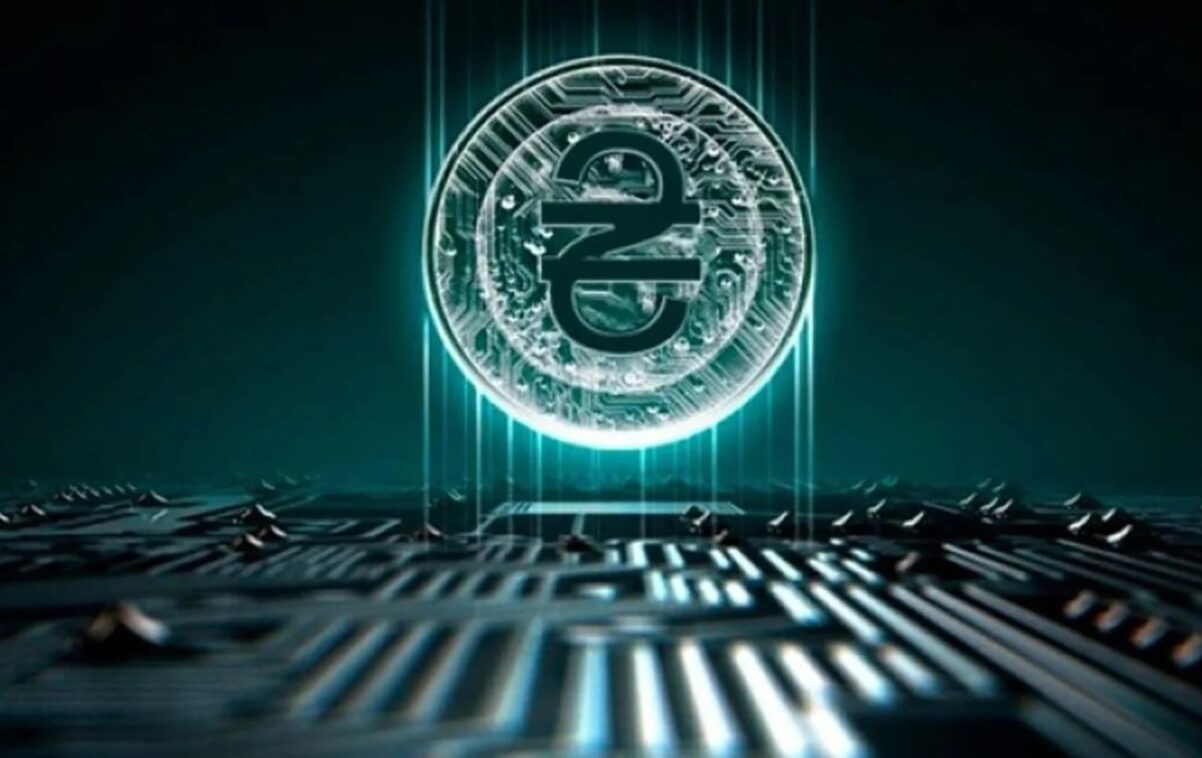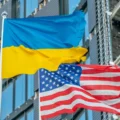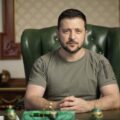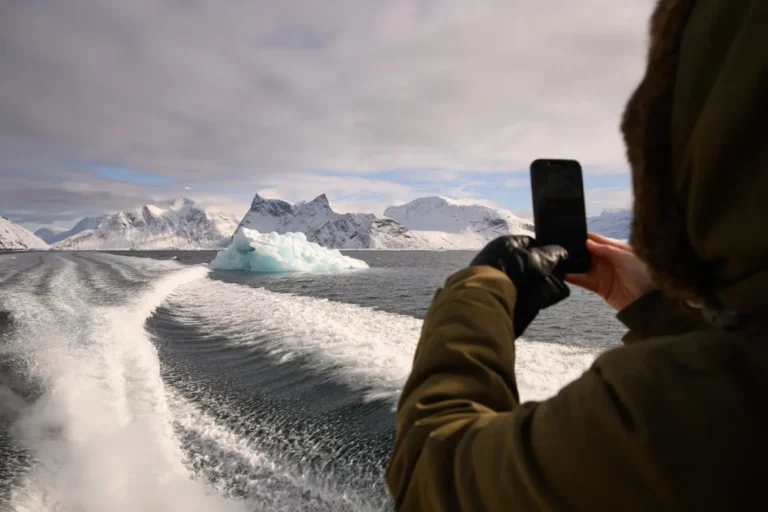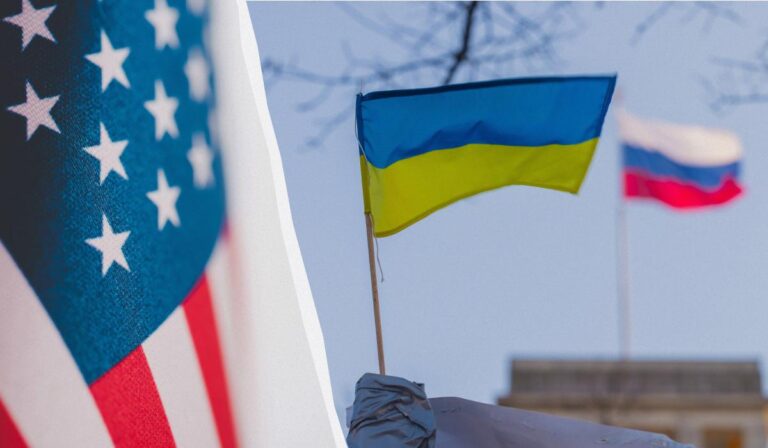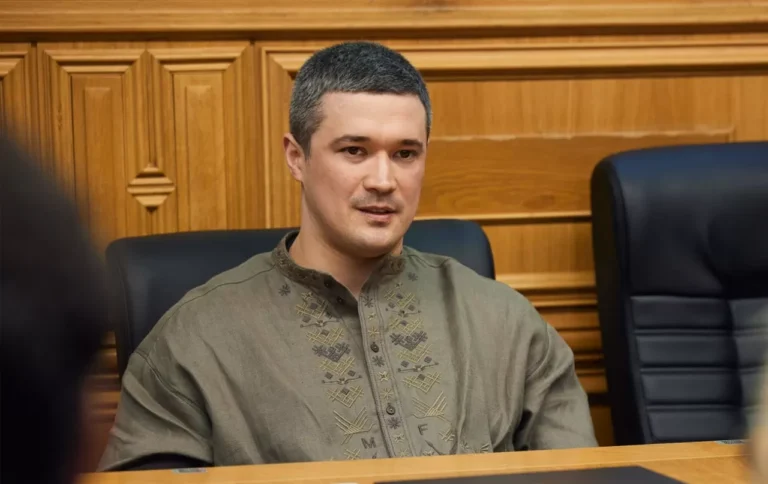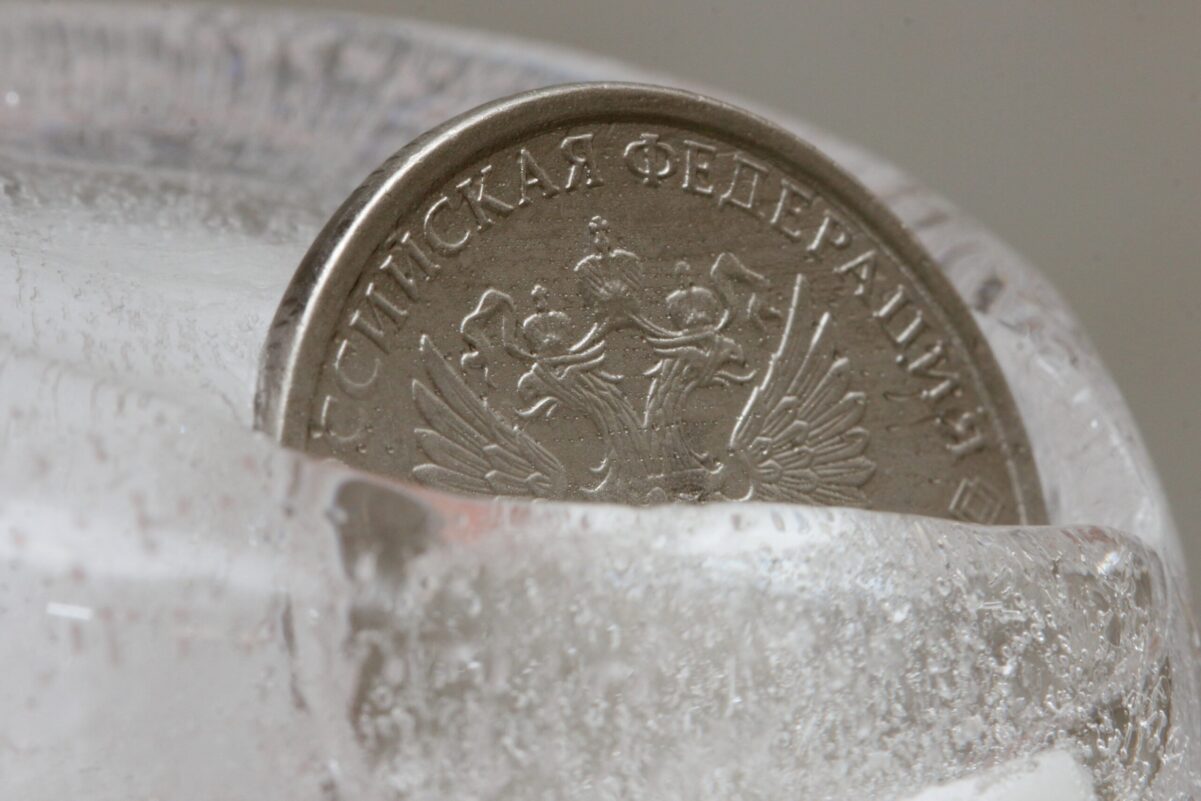
Frozen Russian Assets: How the West Is Moving to Real Support for Ukraine
The leaders of the United Kingdom, France and Germany have declared their readiness to coordinate the use of frozen Russian assets to support the Armed Forces of Ukraine. This decision is being made in close cooperation with the United States and is intended to become an additional tool of economic pressure on Russia.
In the joint statement of UK Prime Minister Keir Starmer, French President Emmanuel Macron and German Chancellor Friedrich Merz, it is clearly stated:
“We are ready to progress towards using, in a coordinated way, the value of the immobilised Russian sovereign assets to support Ukraine’s armed forces and thus bring Russia to the negotiation table. We aim to do this in close cooperation with the United States of America.”
The Goal To Raise the Cost of War for Moscow
The position of the West is to ensure that financial pressure on Russia continues to increase. The European leaders emphasize:
“We will increase pressure on Russia as President Putin continues his stalling tactics and abhorrent attacks in response to peace talks.”
The joint document also notes that the countries plan to develop bold and innovative new mechanisms to raise the cost of war for Moscow, including action against the Russian shadow fleet.
Arguments Concerning Critical Infrastructure
The statement directly condemns “Russia’s escalatory attacks and systematic targeting of critical infrastructure in Ukraine, which remains vital to provide light and heat to Ukrainian civilians through the winter.”
This rhetoric underscores that European leaders see attacks on the energy infrastructure as an attempt to pressure the civilian population and a direct violation of international humanitarian law.
The Coalition of the Willing and Further Support
A separate emphasis in the joint statement is on long-term and unwavering support for Ukraine. It is proclaimed that the countries “will remain steadfast in their support for Ukraine, including through the Coalition of the Willing.”
This is an important signal that the West has no intention of retreating even under pressure and new challenges to their own economies.
The freezing of Russian assets became one of the key decisions of the West back in 2022. According to various estimates, the amount of these funds exceeds $300 billion. Discussions about their use have lasted for almost two years. Now, as the war drags on, Western partners are increasingly determined to turn these assets into a real financial resource to support Ukraine’s defense.
At the same time, the decision is accompanied by consultations with the United States. The statement clearly emphasizes that the actions will be “coordinated with the American side.” This highlights the strategic unity of the West on the issue of economic pressure on Russia.
Kyiv’s Position and Next Steps
President Volodymyr Zelensky has repeatedly emphasized the need to use Russian assets for full-fledged defense support and the reconstruction of Ukraine.
“We are approaching a decision on the assets, and I thank everyone who is helping. It is absolutely fair that Russia should pay for the war it started, is dragging out, and is waging in an openly terrorist manner,” Zelensky said in a statement.
Why This Is Important
The coordinated use of frozen assets is not just a matter of financing. It is a matter of principle: who should be responsible for the destruction caused by war, and can international rules be effective in conditions of unprecedented aggression?
The step that the leaders of the United Kingdom, France and Germany are now ready to take is one of the most powerful economic instruments of pressure in recent years. Its effectiveness will depend on real coordination with the United States, the resilience of European allies, and the ability to legally and technically “unfreeze” these assets for actual payments to Ukraine.
The situation is at a stage of historic decisions. Now is the moment when the West must prove that the principles of international responsibility are not empty words. Ukraine is waiting not only for statements, but for real mechanisms of compensation and in the coming weeks, it will become clear how decisive this step will be.



